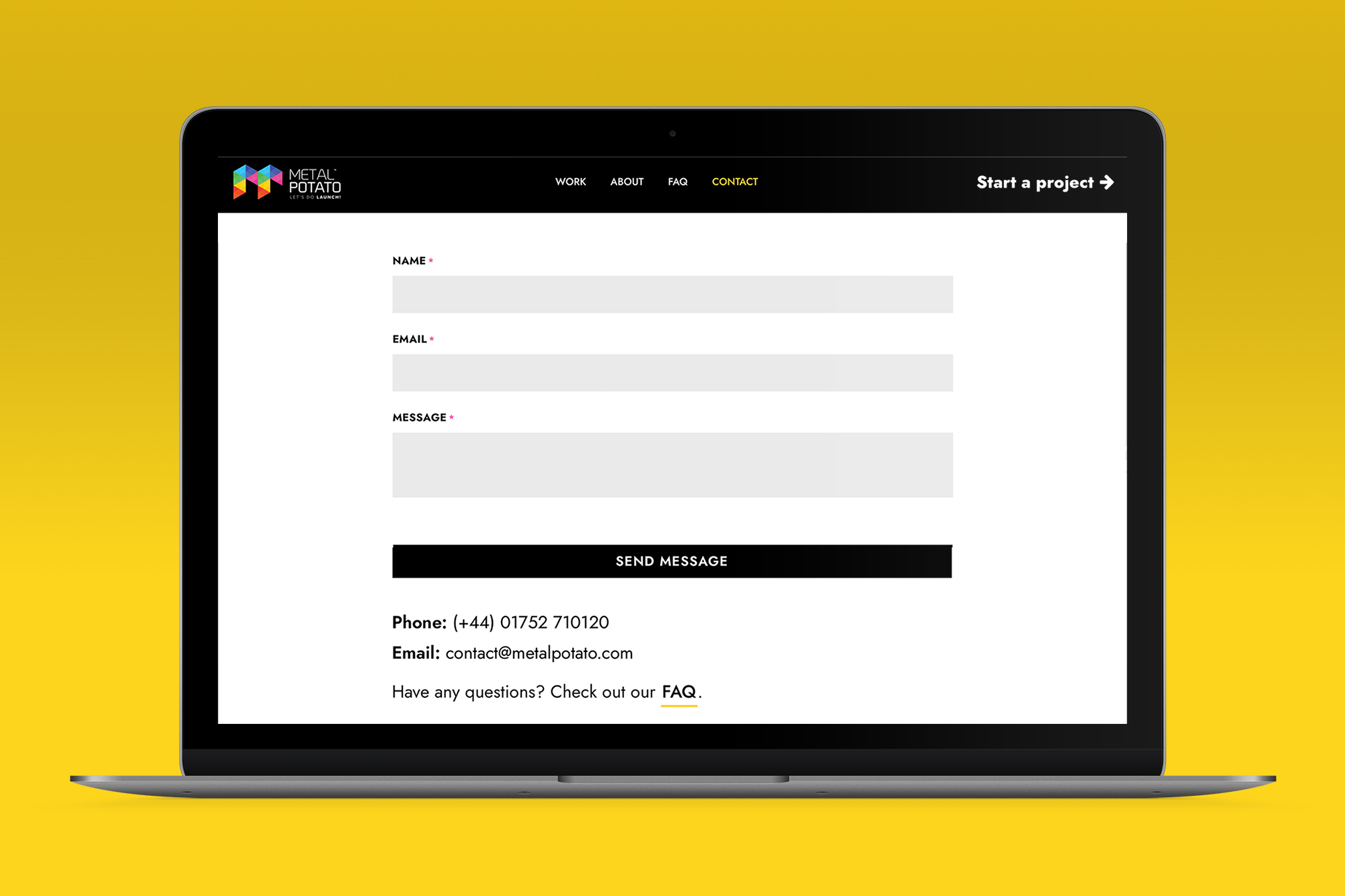Organic traffic is the lifeblood of any successful website. It refers to the visitors that come to your site through search engine results, without any paid advertising. Understanding the importance of this traffic is crucial for boosting your website’s visibility and attracting the right audience.
Search engines play a vital role in connecting users with the information they need. When a user enters a query into a search engine, it scours the web for relevant content and presents the most relevant results. By optimising your website for search engines, you can increase your chances of ranking higher in search results and driving traffic.
The importance of organic traffic
Traffic is essential for website visibility because it brings in highly targeted visitors who are actively seeking the information or products you offer. Unlike paid advertising, organic traffic is sustainable and can provide long-term benefits for your website.
When your website ranks high in search results, it becomes more visible to users. This increased visibility leads to higher click-through rates, which in turn drives more traffic to your site. By consistently attracting traffic, you can establish your website as an authority in your industry and build trust with your audience.
How search engines work
To understand how to optimise your website for organic traffic, it’s essential to have a basic understanding of how search engines work. Search engines use complex algorithms to determine the relevance and quality of web pages. These algorithms take into account various factors, such as keywords, user experience, and backlinks, to rank websites.
One of the key factors search engines consider is the presence of relevant keywords on your website. Keywords are the words or phrases that users enter into search engines when looking for information. By strategically incorporating keywords into your website’s content, you can signal to search engines that your website is relevant to a particular query.
The role of keywords
Keywords are the building blocks of attracting traffic to your website. By conducting keyword research, you can identify the words and phrases that are most relevant to your website’s content. Once you have identified the keywords, you can strategically incorporate them into your website’s content, meta tags, and URLs to optimise your website for search engines.
It’s important to note that keyword stuffing, or overusing keywords in an unnatural way, can have a negative impact on your website’s visibility. Search engines have become smarter at detecting keyword stuffing and may penalise websites that engage in this practice. Instead, focus on creating high-quality and informative content that naturally incorporates your target keywords.
On-page optimisation techniques for boosting traffic
On-page optimisation refers to the process of optimising individual web pages to improve their visibility in search results. By implementing on-page optimisation techniques, you can make your website more search engine-friendly and increase its chances of ranking higher in search results.
One of the most important on-page optimisation techniques is your website’s meta tags. Meta tags are HTML tags that provide information about a web page to search engines. The two most important meta tags are the title tag and the meta description tag. The title tag should include your target keyword and provide a concise and accurate description of the page’s content. The meta description tag should also include your target keyword and provide a compelling summary of the page.
Another on-page optimisation technique is your website’s URLs. URLs should be descriptive and include your target keyword if possible. Additionally, you should optimise your website’s headings by incorporating relevant keywords. Headings help search engines understand the structure and content of your web pages.
Off-page optimisation strategies for increasing traffic
While on-page optimisation focuses on individual web pages, off-page optimisation strategies aim to increase your website’s visibility and authority across the internet. Off-page optimisation techniques include link building, social media marketing, and influencer outreach.
Link building is the process of acquiring high-quality backlinks from other websites to your own. Backlinks are one of the most important factors search engines consider when ranking websites. By obtaining backlinks from authoritative and relevant websites, you can signal to search engines that your website is trustworthy and relevant.
Social media marketing is another powerful off-page optimisation strategy. By leveraging social media platforms, you can increase your website’s visibility and attract more traffic. Share your website’s content on social media, engage with your audience, and encourage them to share your content with their networks. This can lead to increased visibility, website traffic, and ultimately, higher search engine rankings.
Influencer outreach is another effective off-page optimisation strategy. Identify influencers in your industry who have a large following and engage with them. Collaborate on content or ask them to share your content with their audience. This can help increase your website’s visibility and attract traffic from their followers.
The impact of high-quality content
High-quality content is the foundation of any successful website. By creating valuable, informative, and engaging content, you can increase your website’s visibility and attract more traffic.
Search engines prioritise websites that provide valuable and informative content to users. By consistently publishing high-quality content that addresses the needs and interests of your target audience, you can establish your website as an authority in your industry. This can lead to increased traffic as users seek out your content for information and solutions.
High-quality content can also help improve your website’s user experience. When users find your content helpful and engaging, they are more likely to spend more time on your website, explore other pages, and potentially convert into customers.
Leveraging social media
Social media platforms offer a tremendous opportunity to drive organic traffic to your website. Start by identifying the social media platforms that are most relevant to your target audience. Create compelling profiles on these platforms and share your website’s content regularly. Engage with your audience by responding to comments, answering questions, and participating in relevant discussions.
In addition to sharing your own content, consider collaborating with influencers or industry experts to increase your reach. By partnering with influencers, you can tap into their established audience and attract traffic from their followers. This can be done through sponsored content, guest blogging, or social media takeovers.
Tools and resources for tracking and analysing traffic
Tracking and analysing your traffic is essential for understanding the effectiveness of your optimisation efforts and making data-driven decisions. Fortunately, there are numerous tools and resources available to help you monitor and analyse your website’s traffic.
Google Analytics is one of the most popular and powerful tools for tracking and analysing website traffic. It provides detailed insights into the sources of your website’s traffic, including organic search. With Google Analytics, you can track the number of organic visitors, their behaviour on your website, and the keywords they used to find your site.
Another useful tool is Google Search Console. It provides valuable information about your website’s performance in search results and allows you to submit sitemaps, monitor crawling errors, and identify opportunities for optimisation.
Other tools, such as SEMrush and Moz, offer comprehensive features for tracking and analysing traffic. These tools provide insights into keyword rankings, backlink profiles, and competitor analysis.
Unlocking the full potential of organic traffic
Remember that increasing traffic takes time and effort to build. It requires consistent optimisation, valuable content creation, and active engagement with your audience. By following the strategies outlined in this guide, you can attract targeted traffic and take your website’s visibility to new heights.
Are you ready to unlock the power of organic traffic for your website? Get in touch with us today to explore our range of services if you’re eager to elevate your business to the next level.
Let's make a website!
Book a FREE video call to discuss your business, project strategy, and more!
"*" indicates required fields
More from Metal Potato
How to Write SEO Content That Converts
How to craft SEO content that climbs rankings! Strategies for keyword targeting, readability, and engaging writing techniques.
Contact Page Design: A Blueprint for Success
Learn how to optimise your contact page for better engagement and conversions with expert tips and inspiring examples.
Why Your Website Isn’t Showing Up on Google
Discover why your website isn't showing up on Google and learn actionable solutions to boost your visibility!
How Google Remarketing Rescues Lost Customers
Revive lost leads with Google Remarketing! Target engaged visitors, boost ROI with personalised ads across Google platforms.
Unmasking SEO Scams and Safeguarding Your Website
Guard your business against SEO scams! Uncover deceitful tactics, red flags, and empower your online success with our tips.
How Often Should You Blog?
Optimise your blog's success with the perfect posting frequency! Learn to balance consistency, quality, and engagement for organic growth.






